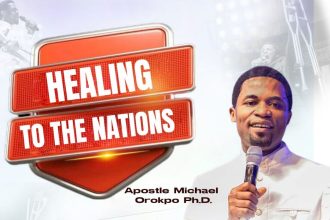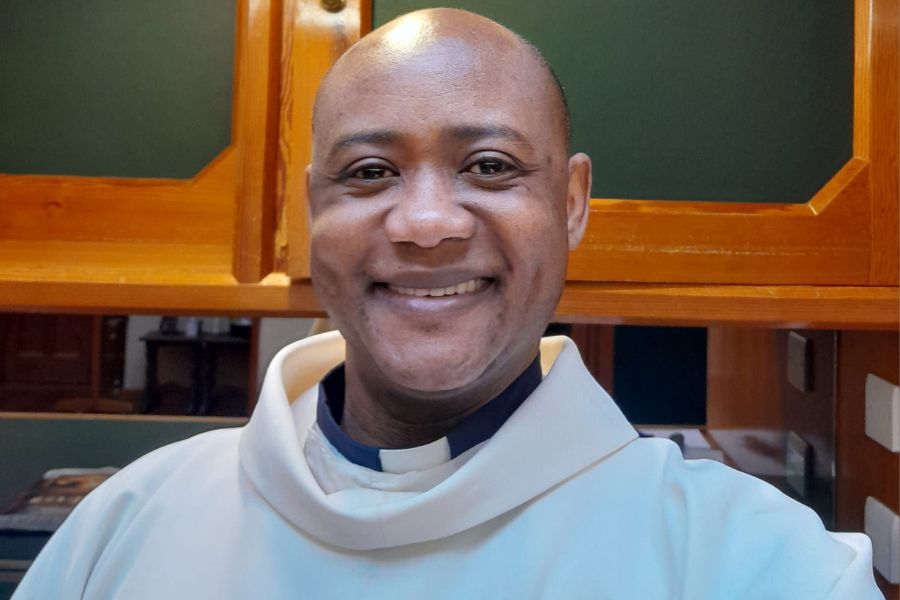“These are very critical issues that are hardly covered by the media. Church leaders have the responsibility to voice them,” Fr. Dyikuk, a Lecturer of Mass Communication at the University of Jos in Nigeria said during the Thursday, September 7 interview.
The Priest who is also a PhD candidate at the University of Strathclyde in Glasgow, Scotland, spoke to ACI Africa after presenting a paper entitled, “Contending with media safety and privacy in tackling global terrorism in Africa” at the Glasgow Caledonian University in Scotland.
Fr. Dyikuk, who previously served as the Communications Director of Nigeria’s Catholic Diocese of Bauchi said that the Church in Nigeria, particularly, has a directorate of communication in every Diocese, which he said should be at the forefront of speaking about issues Christians face.
“The Justice, development and peace office, which is also in every Diocese must rise up to the occasion and defend Christians,” he said, and added, “The office is doing well already in terms of giving intervention, reducing poverty, and deradicalizing the minds of our young people who fought alongside the insurgents.”
“The justice and group entity has also been active in calming Christians when they were attacked so that they don’t engage in retaliation especially in Jos and Kaduna where young people are always ready to retaliate when there is an attack. The Church comes out and reminds them about Jesus’ message on forgiveness,” the member of the Clergy of Bauchi Diocese sai.
He added, “We however need to be more articulate and strategic in voicing Christian concerns. We must train priests and lay people alike to tell our own stories from the ground.”
Fr. Dyikuk has also criticized an ongoing plan by the Nigerian government to rehabilitate former Boko Haram fighters, saying that the process is unclear and impractical.
According to him, the program, dubbed, Operation Safe Corridor launched in 2015 is not working effectively and that some “rehabilitated” fighters are opting out, and going back to the militia.
“Those rehabilitated are later integrated back into society in a way that is not clear. Some of them, after the integration process, choose to go back into the insurgency. They abandon the motorcycles they were handed as a new source of livelihood and go back to fight in the forests,” he says, adding, “The government seems overwhelmed about their numbers.”
“There are those that want former militias killed when they are captured or when they surrender. But the government understands that some of them were forcefully conscripted into the group,” Fr. Dyikuk says.






